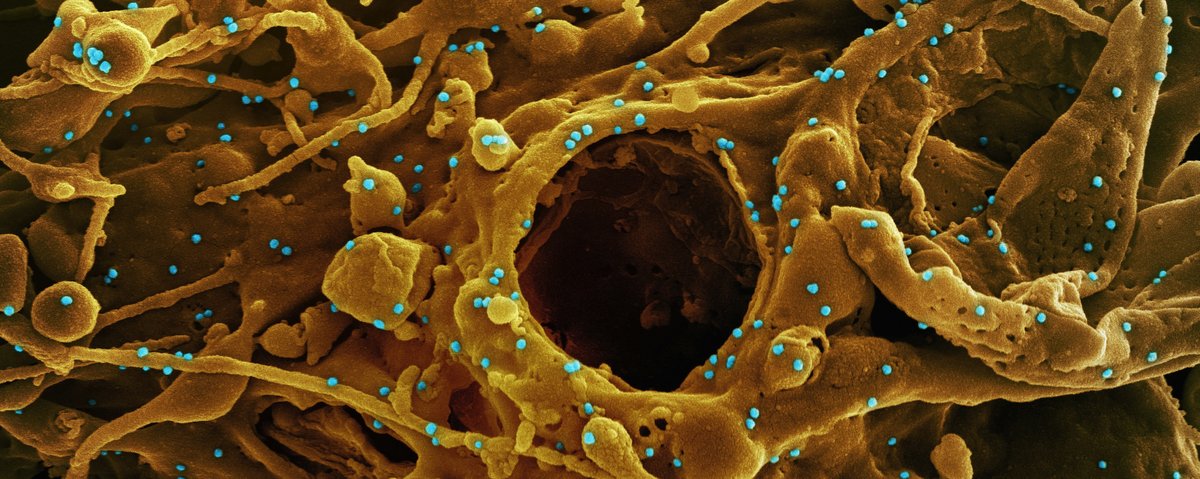
Extracellular vesicles (EVs) have been shown to be released from all three domains of life. In recent years, EVs have been recognized to play an essential role in health and disease by trafficking bioactive molecules between cells. This way, EVs are important in disease progression since both diseased cells and pathogens release EVs. This also suggests that EVs can be used as diagnostic markers for such conditions. The therapeutic potential of EVs ('native form' or modified as drug delivery systems) and their use as vaccines are also currently being explored, all underpinning the interdisciplinary nature of EV research.
In this course, we will cover basic aspects of EVs, which will include their nomenclature, biogenesis, release and uptake, as well as EV cargos. Different isolation methods will be introduced, such as ultracentrifugation, size exclusion chromatography and precipitation techniques, and their pros and cons will be discussed. Different methods to identify, characterize and enumerate EVs will be presented and discussed as well as how to explore their content. As it is not a trivial task to work with EVs, we will discuss critical considerations during the collection and isolation of EVs from various sample types, including non-model organisms. We will then discuss how to explore EV function in vitro and in vivo and, lastly the diagnostic and therapeutic potential of EVs (e.g. as drug delivery systems, vaccines).
Exam info and full course description can be found in the course catalogue.
Please notice that this course is passed by active participation, and you will not receive a specific grade. Only pass/fail will appear on your transcript.
Course specific:
To apply for the course you must have passed a relevant Bachelor's degree.
The course is also offered to national and international PhD students but will still be taught as a master´s level course. Since EV research is a new and interdisciplinary field that covers several scientific fields we will give a general introduction to the different aspects of EV research and therefore make the course accessible and suitable for both master and PhD students.
It is recommended that the students have basic knowledge of molecular biology and immunology. If you are in doubt about whether you are eligible or how demanding the course is, you are advised to contact the course responsible.
General:
Exchange Students: nomination from your home university
Freemovers: documentation for English Language proficiency
You can read more about the admission here.